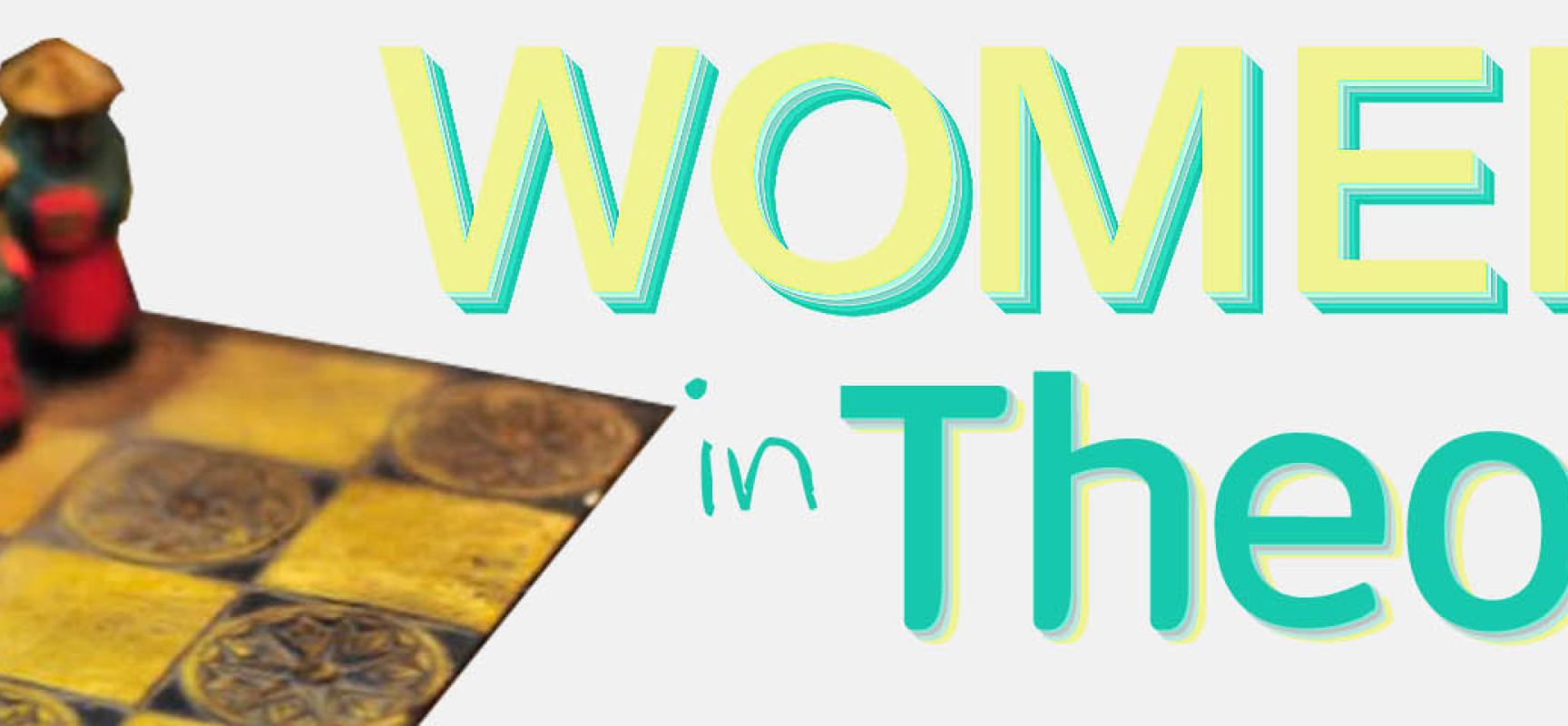Workshop Report: Women in Theory

by Apoorvaa Deshpande and Liat Peterfreund
We must admit we were initially a bit reluctant when we heard about the Women in Theory conference for graduate students in the area of theoretical computer science. Although there are indeed significantly fewer women than men in this fascinating field, we were always afraid that such events might hint that women were less talented and thus need to be promoted in order to be as successful as men. What we found, however, was that the conference was an occasion for us to meet inspiring and talented women – senior researchers as well as graduate students from all over the world – a great opportunity irrespective of gender. This conference turned out to be one of the most motivating events we’ve attended in recent years.
The conference was held from 22 to 25 May at the Simons Institute for the Theory of Computing, which was an ideal place for it in so many ways. The conference started off Sunday evening with a wonderful reception, where we got to interact with the participants as well as the amazing organizers, Tal Rabin, Shubhangi Saraf and Lisa Zhang. It was so inspiring to be in the midst of this huge group of young women, all of whom were working in theoretical areas of computer science, all of whom were going through similar things in graduate life, and most importantly, all of whom were there to learn from each other.
The opening event of the conference was “Playback” with Omer Reingold (this was the only session with a male speaker!). Playback is a form of improvisational interactive theatre, and Omer had selected exercises that acted as icebreakers for all of us. We got to interact with the other participants and to hear and enact some wonderful stories. It was the perfect first event, as it helped us get to know each other a bit and also prepared us for the technical talks that began the next day.
The next two days, we had technical talks encompassing topics in game theory, cryptography, complexity theory, optimization, distributed systems and coding theory. There was a wide range of speakers: women who had recently taken academic positions, women who had recently received tenure, women tenured for a long time, and women in leading positions in industrial research labs. This variety of speakers and topics was a real treat for all the participants.
Perhaps one of the most fun sessions in the conference was the “Rump Session,” in which many of us gave three-minute talks on our research. Three minutes is of course a really short amount of time to talk about technical stuff, but it also meant that we got to listen to a lot of interesting talks and learn about a lot of people's work. This session was an efficient way of identifying people who were working on topics related to our own research, and helped us to network in a meaningful way.
Finally, on the last day of the conference we went to the Google headquarters and got to hear short talks from outstanding (women) researchers working at Google Research. All of them had a strong theoretical background and demonstrated some examples of how theory is applied to practice. A lot of times, staying in academia is considered a natural goal after PhD, but this visit made us realize that working in industry can be as fulfilling, and at times can even be more impactful in terms of the research that you get to do.
What we really liked about Women in Theory was that it was a top-notch technical conference. The organizers had invited eminent researchers, all of whom spoke in depth about their research, in technically dense yet accessible talks. We got to interact with all the researchers closely throughout the conference during lunch and dinner events. Some of the speakers had also been participants in Women in Theory themselves at some point, and this was particularly motivating! They talked about how Women in Theory had played an important role in their career trajectory. I am sure it will be the same for the participants in Women in Theory 2016. Through this conference, we made wonderful friends in the field, and interacted with and derived inspiration from the top researchers in the field. This has helped us return to grad school full of motivation and vigor to do impactful research.
Related Articles:
Looking Ahead: Logic and Uncertainty
Workshop Report: Real-Time Decision Making


